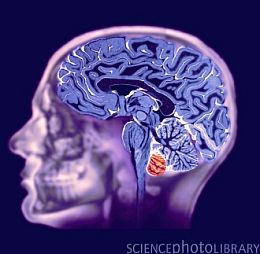
Since launching this blog on January 1, 2010, I have written 184 posts. In an average month, between 2,000 to 3,000 readers check to see what I have posted. When a blog is especially controversial that number can jump to 6,000. Readers have posted 1,000 comments. Thank you for your interest.
I started this blog after several New York publishers rejected an idea for a book that I called HOPE. I wanted to write about successful mental health treatment programs that were helping people recover. Unfortunately, the editors who heard my pitch were not interested in a book about success stories. I began this blog because I wanted to continue writing about issues, mostly mental health related, that are important to me, especially hope.
The start of a New Year is a good time for reflection – so I have reviewed my 184 posts and picked out a handful to highlight. If you didn’t read them when they were originally posted, perhaps you will glance at them now.






